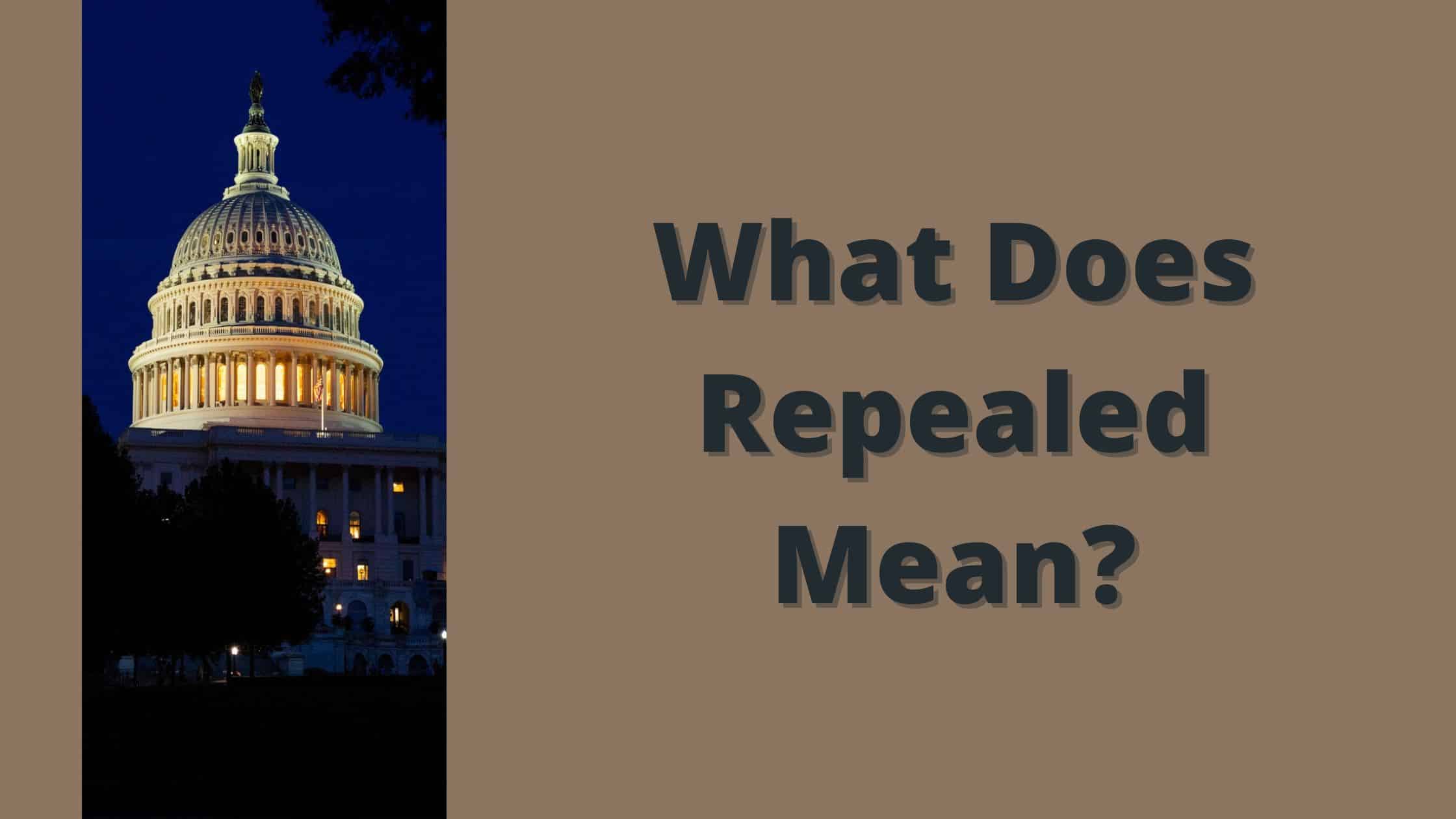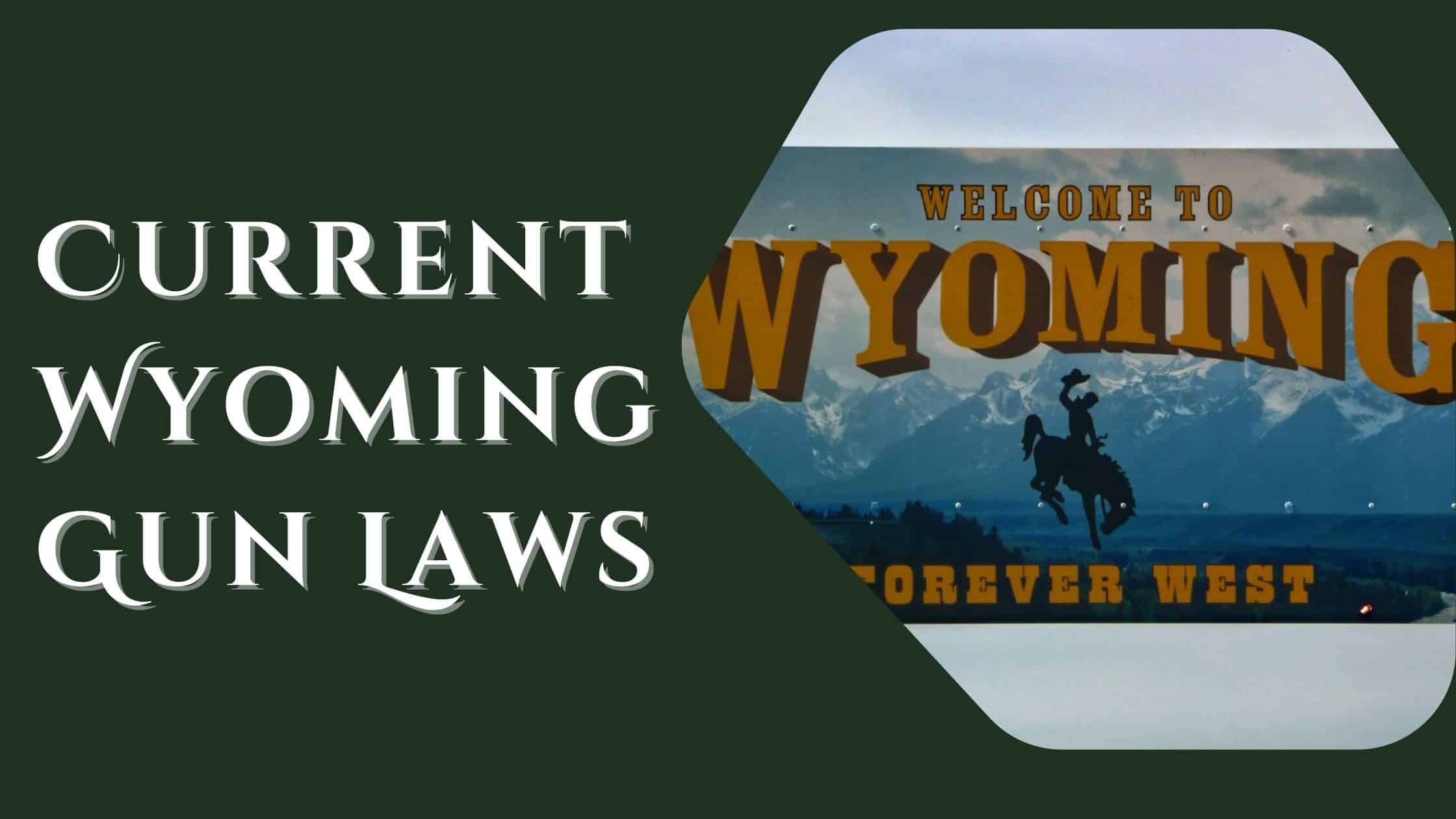Table of Contents
ToggleThe period before the American Revolutionary War was a major turning point in the history of America. The colonies in British America were restless and keen to revolt, and the Intolerable Acts only exacerbated the situation.
So when were the Intolerable Acts, and how did they shape the timeline before the war?
When were the Intolerable Acts?
The Intolerable Acts came about in 1774, in a volatile period in the history of North America. The colonies were at odds with the British government and had reached a new height with rebellion in Massachusetts.

The British parliament introduced the Intolerable Acts of 1774 in response. These acts appeared as successive laws with a shared purpose and came into force between March and June of that year.
It wasn’t long after that America would find new ways to retaliate, and the two nations would find themselves at war.
What Were the Intolerable Acts?
The Intolerable Acts were a series of laws designed to punish the colonies for disobeying the government and daring to speak out against the British Empire.
The official name the legislation introduced was the Coercive Acts, relating to the use of coercive measures to control dissenters in the American colonies. The colonists called them the Intolerable Acts due to their intolerable nature.
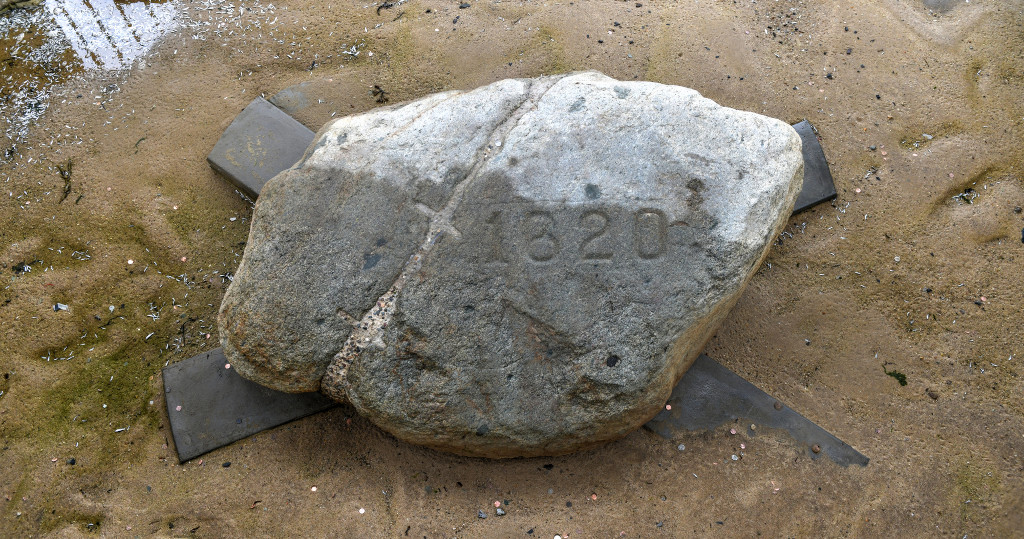
This term is apt as each of the laws passed were designed to make life increasingly difficult for those subject to them and were clearly a form of direct punishment.
These punitive acts largely targeted Massachusetts because this was the center of rebellion against British authority. But, they also had an effect on other areas of the thirteen colonies.
An Intolerable Response to the The Boston Tea Party
The story of the Intolerable Acts commences on December 16, 1773, with the Boston Tea Party. This was one of the most significant moments of rebellion by the American colonists, as protestors fought back against unfair treatment and taxation.

A group of patriots associated with the Sons of Liberty climbed onto a vessel in Boston Harbor and dumped hundreds of chests of British tea into the water.
The Timeline of the Intolerable Acts
While there are four official acts within the Intolerable Acts, many historians cite a fifth due to the timing of its announcement and impact on history. These acts all came into force through the early part of 1774 and were as follows.
The Boston Port Bill: March 31, 1774
This is where it was immediately clear that the Intolerable Acts were a direct response to the Boston Tea Party. The first coercive act sought to place strong restrictions on trade and the livelihoods of those in Boston by closing the port.
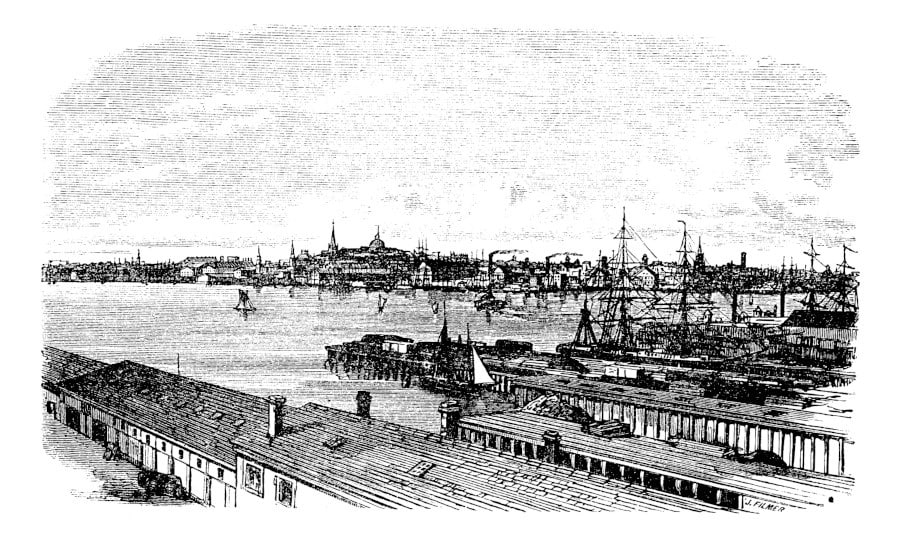
It was to remain closed until those responsible for the Boston Tea Party had paid compensation, which suggests a simple retaliation and punishment that could be revoked in time.
However, there was a lot of understandable resentment toward the bill due to its wider reach. This closure affected everyone, not just the Sons of Liberty, and the city grew even more resentful of British rule.
The Massachusetts Government Act: May 20, 1774
A couple of months later, the British enacted a second law as part of these Coercive Acts. This time, they took their control over Boston even further by removing the Massachusetts Charter.
As a consequence, the British government assumed more say over how not just Boston, but the colony generally operated.

They could now determine who took on important roles in the colonial government, providing greater bias toward King George III and against the patriots.
On top of this, the act made it difficult to hold town meetings, limiting the chance for colonists to organize. Naturally, those in Massachusetts began to feel increasingly restricted.
The Administration of Justice Act: May 20, 1774
At the same time, the British enacted the Administration of Justice Act that allowed royal officials loyal to King George III to face trial in Great Britain.
At first, this seems reasonable to those that may have suffered an unfair hearing in Massachusetts. However, it also sought to make it difficult for anyone to travel to Great Britain and testify in the trials.
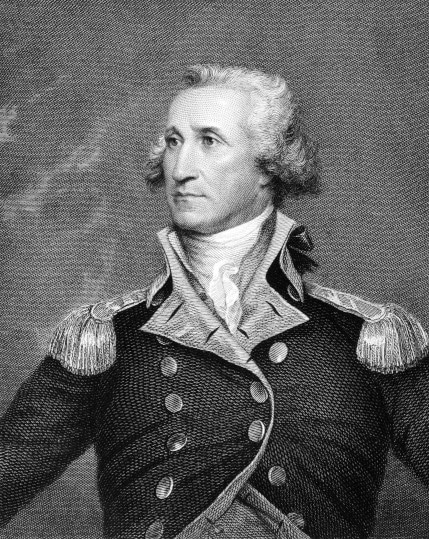
As a result, the Royal Governor could send accused royalists back home to avoid trial for their crimes. The act received the alternative name of “Murder Act” by George Washington, who saw the potential for British officials to get away with their crimes.
The Quartering Act: June 2, 1774
In June, the British government introduced in the second of the Quartering Acts. It became law that housing had to be provided for British troops within the thirteen colonies in unoccupied buildings.
Significantly, the Quartering Act applied to all of the colonies in America, not just Massachusetts. The repercussions for the Boston Tea Party were now felt nationwide, and tensions would only increase.
The Quebec Act: June 22, 1774
Later that year, the British brought in another act to restrict the American colonists. This time it would also favor those in the French Roman Catholic territories of the Province of Quebec in the North.
The act basically extended the boundaries of this province into Ohio Country and western areas. This would go on to impact trade in the area and the livelihoods of even more colonists.
What Happened After the Intolerable Acts?
These acts ended up being a major catalyst for more direct action against the British. The colonists would fight back with the creation of the First Continental Congress in September of that year, which resulted in a planned boycott of British goods.
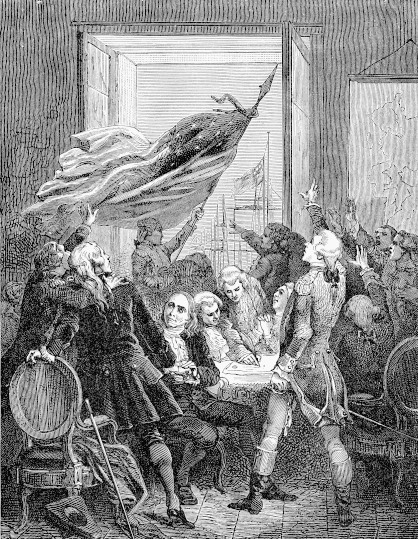
The colonies developed this sense of unity with a Second Continental Congress to determine how best to handle oppressive British rule. The American Revolutionary War and the drafting of the Declaration of Independence soon followed.
This is why the Intolerable Acts are such an important moment in American history. The timing and extent of the punishments set the wheels in motion for full rebellion against British authority and move towards an independent United States.

Get Smarter on US News, History, and the Constitution
Join the thousands of fellow patriots who rely on our 5-minute newsletter to stay informed on the key events and trends that shaped our nation's past and continue to shape its present.

